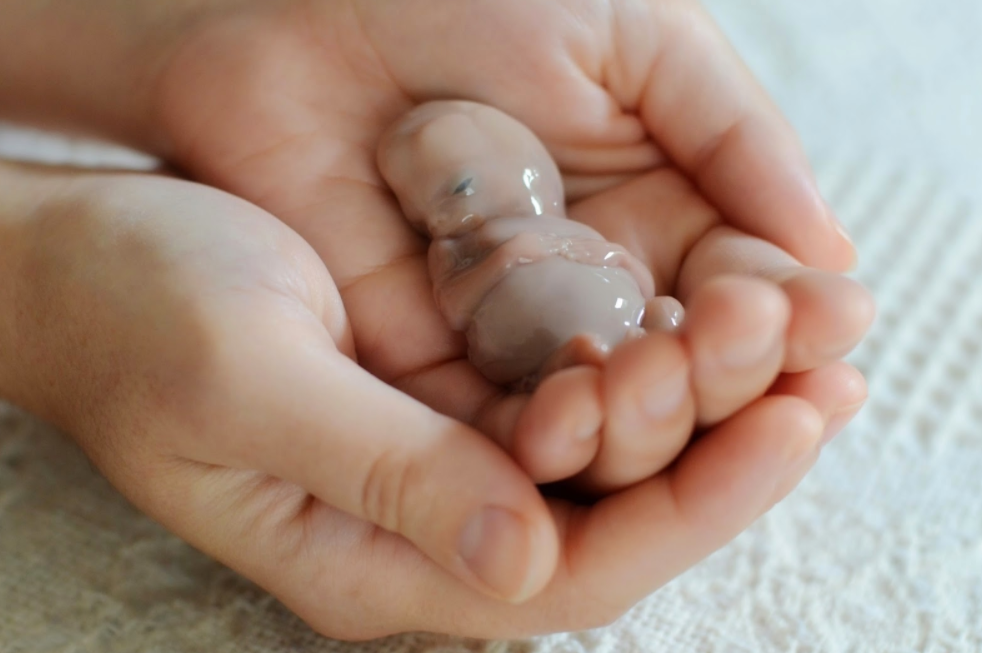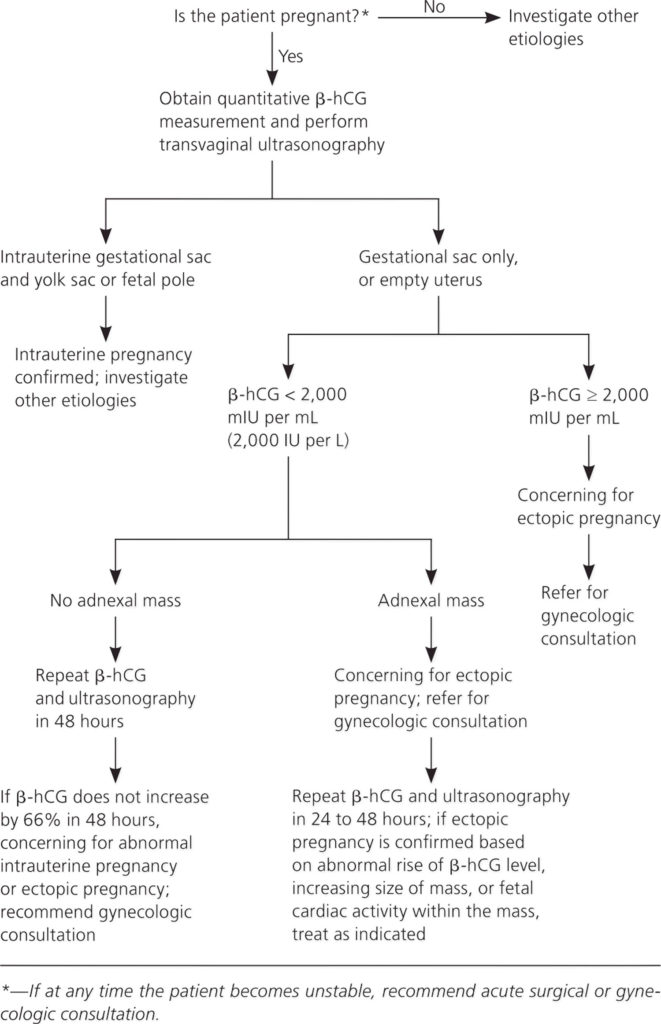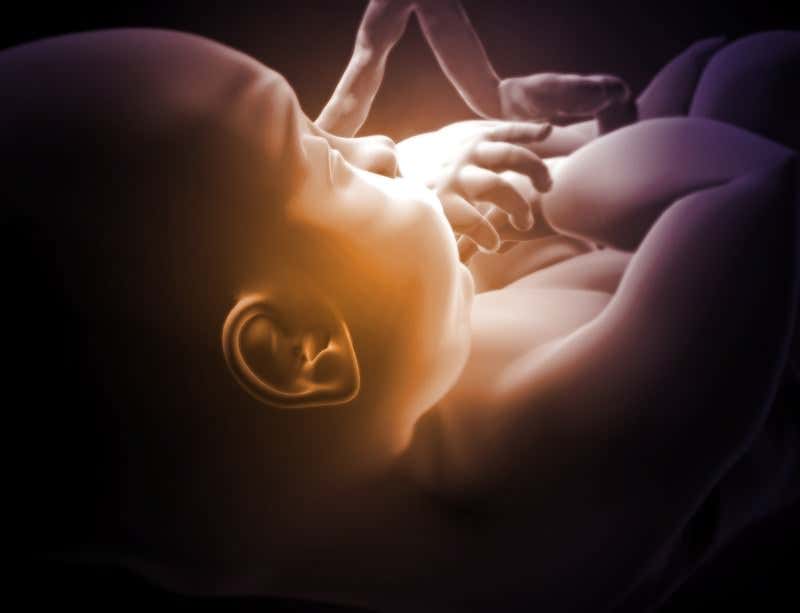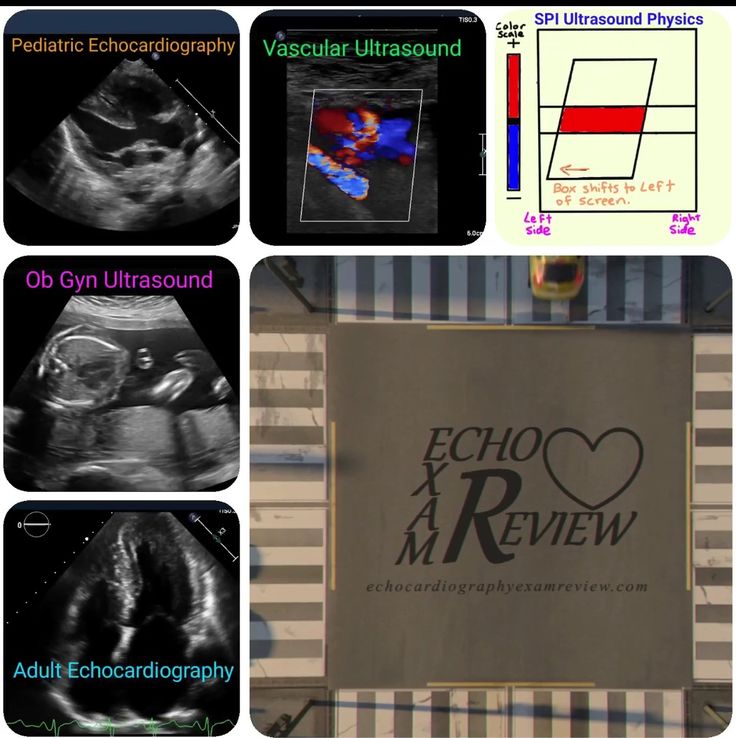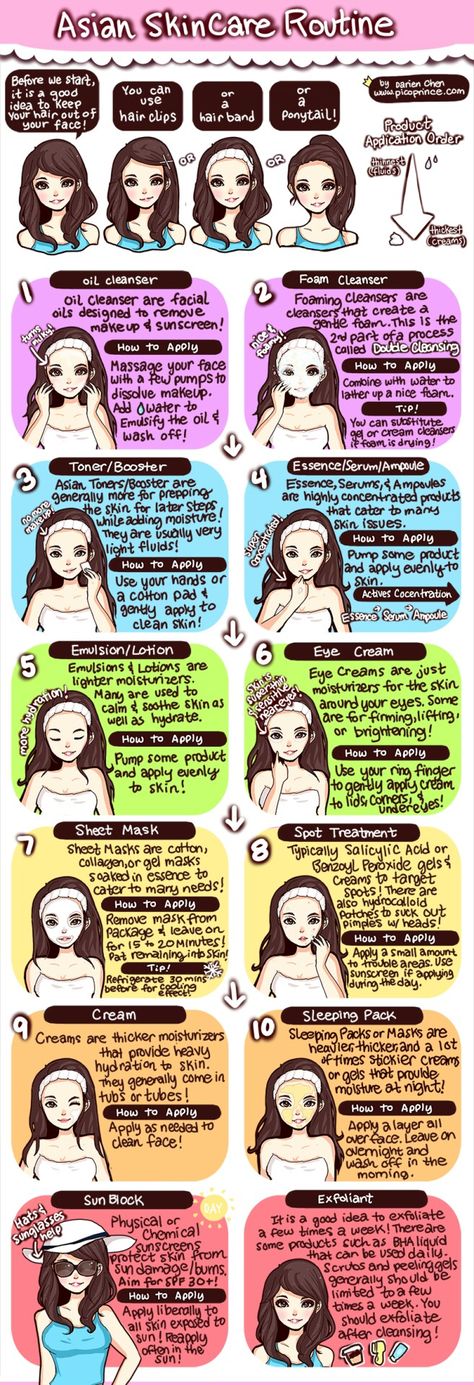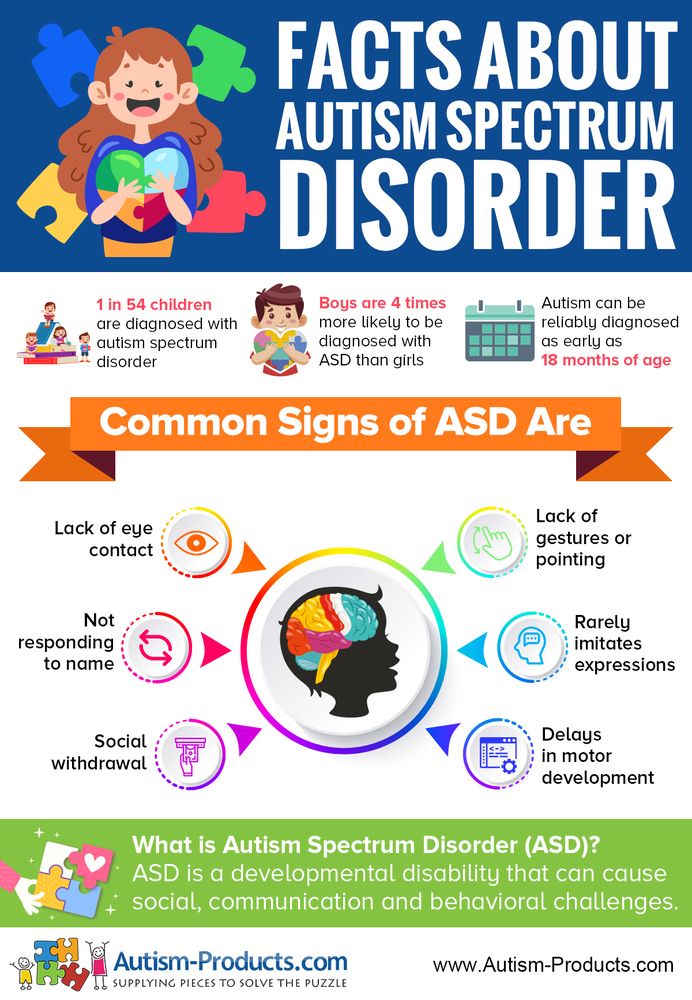My first period after having a baby
First Period After Pregnancy: What to Expect
Your postpartum period may be different from what you’re used to. It may be heavier, involve more cramping, or come later than expected.
Overview
From glowing skin to a newfound appreciation for your body, there are many things to love about pregnancy. Another is that you’ll have at least nine months of freedom from your period. But after you deliver, you’re probably curious what will happen with your menstrual cycle.
When your period returns often depends on whether or not you breastfeed. And just like your life after baby, you might find your periods after pregnancy are somewhat different.
When will my period return?
Your period will typically return about six to eight weeks after you give birth, if you aren’t breastfeeding. If you do breastfeed, the timing for a period to return can vary. Those who practice exclusive breastfeeding might not have a period the entire time they breastfeed. “Exclusive breastfeeding” means that your baby is receiving only your breast milk. But for others, it might return after a couple of months, whether they’re breastfeeding or not.
If your period does return quickly after giving birth and you had a vaginal delivery, your doctor might recommend that you avoid using tampons during your first menstruation post-baby.
This is because your body is still healing, and tampons could potentially cause trauma. Ask your doctor if you can return to using tampons at your six-week postpartum checkup.
Why don’t breastfeeding women get their periods as quickly?
Typically, women who are breastfeeding don’t get their periods as quickly because of the body’s hormones. Prolactin, the hormone needed to produce breast milk, can suppress reproductive hormones. As a result, you don’t ovulate or release an egg for fertilization. Without this process, you most likely won’t menstruate.
Will my period affect my breast milk?
When your period does return, you may notice some changes in your milk supply or your baby’s reaction to breast milk.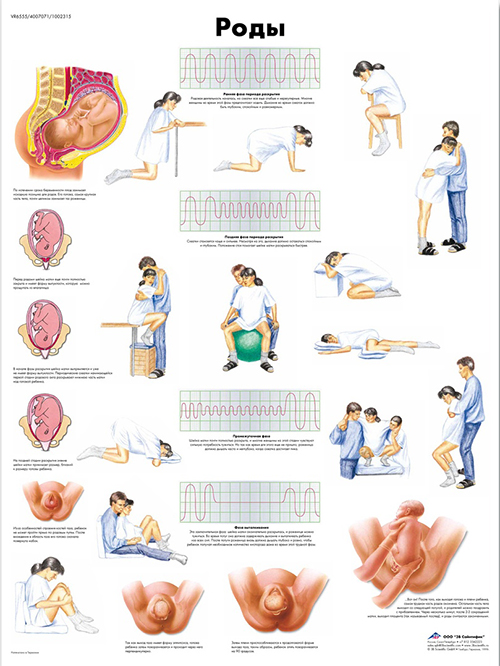 The hormonal changes that cause your body to have your period may also influence your breast milk.
The hormonal changes that cause your body to have your period may also influence your breast milk.
For instance, you might notice a decrease in your milk supply or a change in how often your baby wants to nurse. The hormone changes might also affect your breast milk’s composition and how it tastes to your baby. These changes are usually very minor, however, and shouldn’t affect your ability to breastfeed your baby.
What about birth control?
Some use breastfeeding as a natural birth control method. According to the Association of Reproductive Health Professionals, fewer than 1 out of 100 women will get pregnant annually if they’re engaging in exclusive breastfeeding. Even though breastfeeding reduces your fertility, it’s not an absolute guarantee you won’t get pregnant again.
The key here is exclusive breastfeeding. Other than breast milk, no fluids or solids are given to the baby with exclusive breastfeeding. Even water. Supplements or vitamins don’t interfere and can be given to the baby. Breastfeeding that doesn’t fit this description might not protect against another pregnancy.
Breastfeeding that doesn’t fit this description might not protect against another pregnancy.
If you’re breastfeeding and your period does return, you’re no longer protected against getting pregnant. It’s also important to note that it can be difficult to predict the return of fertility. You will ovulate before your period starts, so it’s entirely possible to get pregnant again before your period returns.
Safe and effective birth control methods are available for those who are breastfeeding. Nonhormonal options such as the copper intrauterine device (IUD), condoms, and diaphragms are always safe for breastfeeding.
There are also some hormonal birth control options that are considered safe during breastfeeding. Your doctor can provide the latest updates on specific types of birth control. In general, low-dose combination pills that contain estrogen and progestin are considered safe after you’ve healed from birth. Progestin-only pills are also safe to use while breastfeeding.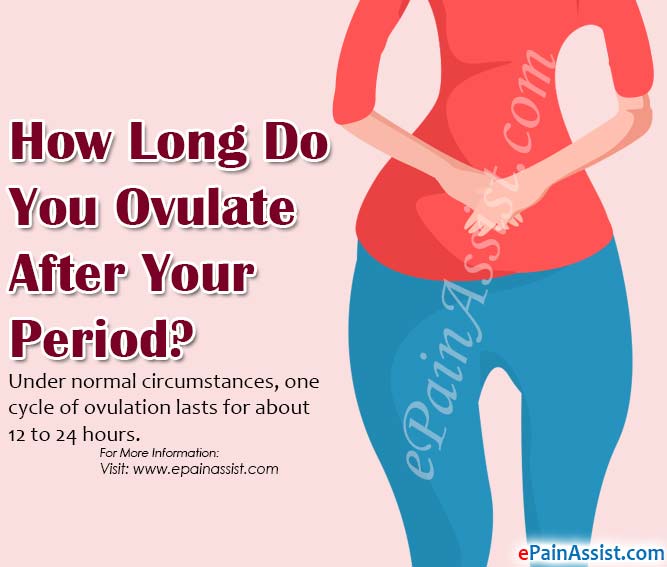
How might my period be different postpartum?
When you do start your period again, chances are the first period after delivery won’t be like your periods before you got pregnant. Your body is once again adjusting to menstruation. You may experience some of the following differences:
- cramping that might be stronger or lighter than usual
- small blood clots
- heavier flow
- flow that seems to stop and start
- increased pain
- irregular cycle lengths
The first period after your pregnancy may be heavier than you’re used to. It might also be accompanied by more intense cramping, due to an increased amount of uterine lining that needs to be shed. As you continue your cycle, these changes will likely decrease. In rare cases, complications such as thyroid problems or adenomyosis can cause heavy bleeding after pregnancy. Adenomyosis is a thickening of the uterine wall.
Women who had endometriosis before pregnancy might actually have lighter periods after giving birth. Light periods can also be caused by two rare conditions, Asherman syndrome and Sheehan syndrome. Asherman syndrome leads to scar tissue in the uterus. Sheehan syndrome is caused by damage to your pituitary gland, which may be the result of severe blood loss.
Light periods can also be caused by two rare conditions, Asherman syndrome and Sheehan syndrome. Asherman syndrome leads to scar tissue in the uterus. Sheehan syndrome is caused by damage to your pituitary gland, which may be the result of severe blood loss.
What causes mildly painful postpartum periods?
Mildly painful postpartum periods can be caused by a combination of several factors. They include:
- increased intensity of uterine cramping
- the hormones of breastfeeding
- the uterine cavity becoming larger after pregnancy, which means there’s more uterine lining to be shed during menstruation
What should I expect from my first period postpartum?
Whether you delivered your baby vaginally or by cesarean delivery, you can expect some bleeding and vaginal discharge after giving birth. Your body continues to shed the blood and tissue that lined your uterus while you were pregnant.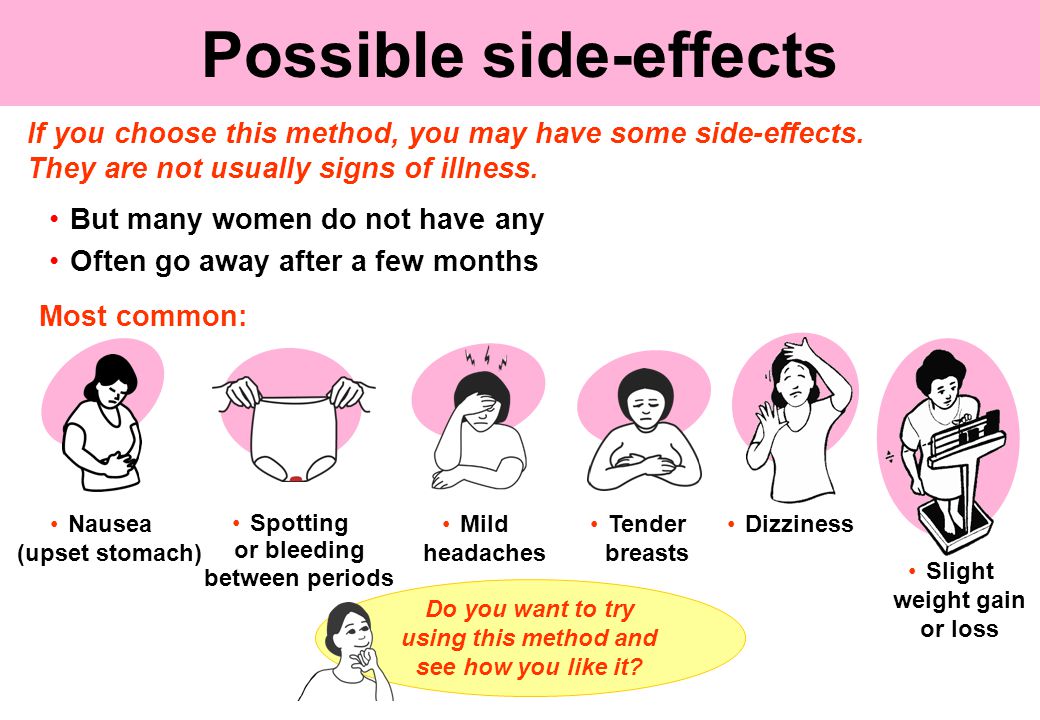
In the first few weeks, blood might be heavier and appear in clots. As the weeks go by, this blood gives way to vaginal discharge known as lochia. Lochia is bodily fluid that can appear clear to creamy white to red in color.
This discharge can continue for about six weeks, which is about the time your period may return if you aren’t breastfeeding. If your discharge had the appearance of lochia, stopped for some time, and then you experienced a return of bleeding, this is likely your period. If you aren’t sure if the bleeding you’re experiencing is pregnancy-related or your period, there are a few ways to tell:
- Lochia isn’t usually bright red in color beyond the first week postpartum. It’s usually lighter and can be watery or white in appearance. Bright red bleeding that occurs six or more weeks after delivery is more likely to be your period.
- Pregnancy-related bleeding can increase with increased exertion or activity. If your discharge increases with exertion and decreases when you rest, it’s more likely to be lochia.
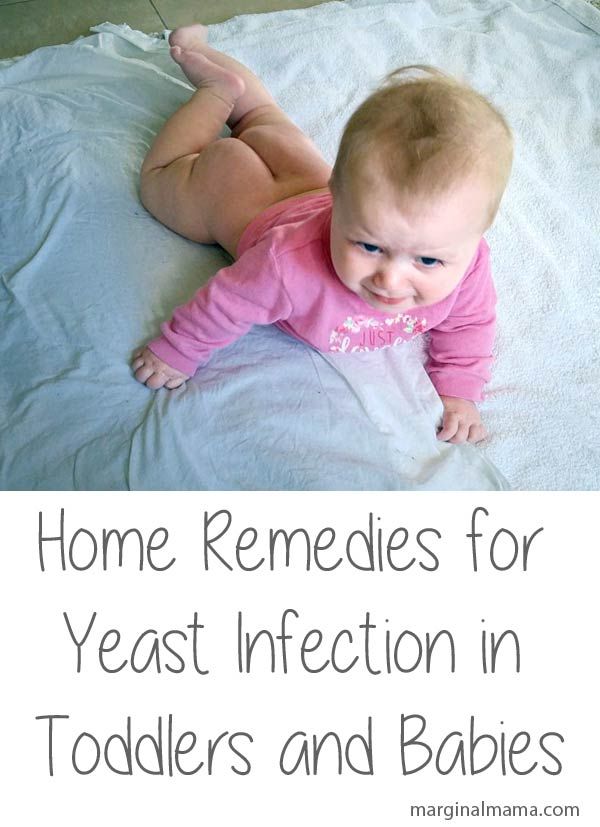
- Lochia also tends to have a distinct odor. Lochia may have a “sweet” smell to it, since it’s mixed with leftover tissue from the pregnancy. Report any foul order to your doctor.
It can also take some time for your cycle to regulate after birth. You might find that you have your first period, skip a cycle, and then have another period that comes sooner than expected.
During your first postpartum year, it can be normal for your periods to fluctuate in length, time between cycles, and intensity of bleeding. This is especially true if you’re breastfeeding.
According to the Cleveland Clinic, most postpartum women will have a “normal” menstrual cycle of 21 to 35 days with bleeding that lasts 2 to 7 days. Period cycles can change from what you experienced before pregnancy.
What postpartum symptoms should I watch out for?
It’s important that you call a doctor if you experience any of the following symptoms:
- soaking through more than one pad every hour
- bleeding that’s accompanied by sudden and severe pain
- a sudden fever
- bleeding continuously for more than seven days
- blood clots that are bigger than a softball
- foul-smelling discharge
- severe headache
- trouble breathing
- pain while urinating
Contact your doctor if you experience these symptoms or anything else that concerns you related to your period. Some of these symptoms may indicate an infection.
Some of these symptoms may indicate an infection.
The takeaway
A return to your menstrual cycle is just one of the parts of recovery and returning to your prepregnancy body. In some, menstruation may be delayed due to the hormone increases associated with breastfeeding.
Breastfeeding as a form of contraception isn’t foolproof. Having a backup method, such as oral contraception or a condom, can help provide further protection. You can find a great selection of condoms here.
If anything seems out of the ordinary about your first period after pregnancy, contact your doctor. Excess bleeding or indications of infection are especially concerning for a new parent. Listen to your body and play it safe.
Parenthood How-To: DIY PadsicleWhat to Expect and How Long to Wait
Pregnancy and delivery change a lot about your body, as well as your sex life.
Postdelivery hormonal changes may make vaginal tissue thinner and more sensitive.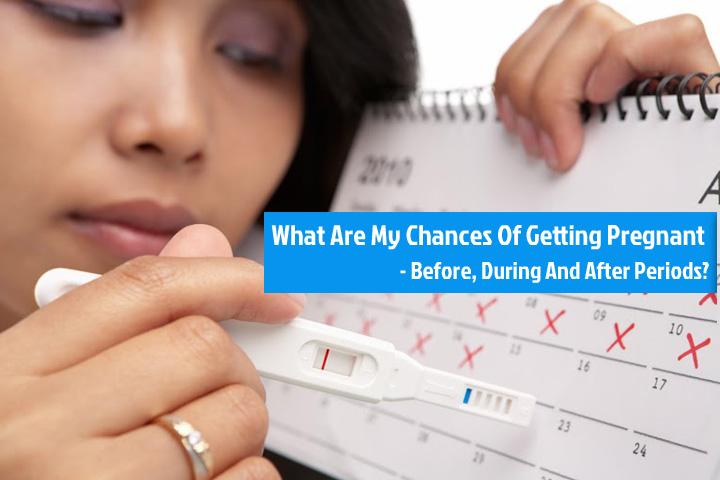 Your vagina, uterus, and cervix have to “return” to normal size, too. And if you’re breastfeeding, that can lower libido.
Your vagina, uterus, and cervix have to “return” to normal size, too. And if you’re breastfeeding, that can lower libido.
In short, your body needs some time off after delivery.
There’s no definitive timeline that says how long you should wait to have sex after giving birth. However, most doctors recommend women wait four to six weeks following a vaginal delivery.
After your doctor has given you the all clear to resume sexual activities, you may still need to take things slowly. Remember: In addition to physical recovery, you’ll also be adjusting to a new family member, less sleep, and a change in your regular routine.
You may also need to wait longer if you have a perineal tear or episiotomy. An episiotomy is a surgical cut to widen the vaginal canal. Returning to sex too soon may increase your risk of complications, such as postpartum hemorrhage and uterine infection.
Read on to discover more about the effects of pregnancy and delivery on sex, and how to have a healthy, satisfying sex life after baby.
Sex after delivery will feel different. One small study from 2005 found that 83 percent of females experienced sexual problems in the first three months after their first delivery.
However, that number continues to fall as the post-pregnancy months increase.
The most common issues with sex after delivery include:
- vaginal dryness
- thin vaginal tissue
- loss of elasticity in vaginal tissue
- perineal tear or episiotomy
- bleeding
- pain
- “loose” muscles
- soreness
- fatigue
- low libido
Hormones play a big role in postdelivery recovery and a return to normal sexual activity.
In the days immediately following childbirth, estrogen drops to pre-pregnancy levels. If breastfeeding, estrogen levels might sink below pre-pregnancy levels. Estrogen helps supply natural vaginal lubrication, so low levels of the hormone increase the likelihood of vaginal dryness.
Dry tissue can lead to irritation, even bleeding, during sex. This increases your risk of infection.
This increases your risk of infection.
Vaginal birth can temporarily stretch the muscles of the vaginal canal. These muscles need time to recover their strength and stability.
If you had a perineal tear or episiotomy during vaginal birth, you may have a longer recovery. Having sex too soon can increase your risk of an infection.
A cesarean delivery can also affect vaginal sensation. The same hormonal issues can make the tissues of the vagina dry and thin, possibly leading to painful sex.
Plus, you’ll be recovering from abdominal surgery, so you’ll want to make sure the incision site has properly healed before resuming sex.
You can get pregnant surprisingly quickly after delivering a baby. One study found the first ovulation for women who weren’t breastfeeding is around six weeks. Some women ovulated even earlier.
If you’re breastfeeding, the hormonal benefits of nursing can act as a “natural” form of birth control for the first four to six months after delivery. Breastfeeding may be 98 percent effective as a form of birth control in women who:
Breastfeeding may be 98 percent effective as a form of birth control in women who:
- are less than six months postpartum
- still exclusively breastfeed their child
- haven’t started menstruating
However, only about 1 in 4 women who use this lactational amenorrhea method (LAM), or breastfeeding as birth control, actually do so properly. That increases their risk for pregnancy.
If you’re going to have sex after pregnancy but don’t want to risk another baby so soon, plan to use a reliable method of birth control.
A barrier method, such as a condom, may be good to use at first. An implant or IUD can also be used. However, hormonal options may affect breastfeeding and can also come with certain risks, such as an increased risk for blood clots.
Talk with your doctor about the right option for you.
Is it safe to get pregnant again in the first year?
Getting pregnant too quickly after one pregnancy can put you at an increased risk for premature birth or birth defects.
Healthcare professionals encourage women to space their pregnancies. The Office of Women’s Health recommends waiting at least 12 months between each pregnancy. And the March of Dimes recommends waiting 18 months.
If you’re thinking about another baby, talk to your health care professional. They will be most familiar with your health history and offer more personalized recommendations.
In the weeks immediately following childbirth, you’ll likely experience some regular bleeding as your uterus heals. Sex may cause some additional blood loss.
Likewise, your vagina may be drier and more sensitive in the early weeks after childbirth. This makes the muscles thinner, which can lead to tearing or injury. The vagina may even become inflamed and swollen. In these cases, bleeding isn’t uncommon.
If the bleeding during sex doesn’t stop within four to six weeks or it worsens, see your doctor. You may have a tear or irritation that needs treatment before you begin having intercourse again.
The hormones estrogen and progesterone are crucial to your baby’s healthy development during pregnancy. They also happen to be vital to your sex drive.
Levels of these hormones are incredibly high during pregnancy. Once the baby is born, they decline dramatically, back to pre-pregnancy levels.
That means you may not feel any sexual desire for a few weeks. But you should be waiting four to six weeks anyway, as your body recovers.
After your doctor has given you the all clear to resume sexual activities, you may decide to wait longer before reigniting your sex life. One study found that 89 percent of women had resumed sexual activity within six months of giving birth.
If you’re breastfeeding, it may take more time for your libido to return than it would for women who aren’t breastfeeding. That’s because breastfeeding keeps estrogen levels low.
Estrogen supplements are discouraged if you’re breastfeeding because it may impact milk production.
When you couple changes in hormones with the fatigue of being a parent to a newborn, you and your partner may not feel like intimacy is even on the books.
As your body adjusts to its new normal or once you stop breastfeeding, the hormones will begin working again, and your libido should return.
You can have a healthy, fulfilling sex life post-pregnancy. These tips might help:
- Take it slow. In the first weeks after you’ve been cleared for sex, your body may not be ready to jump back to pre-pregnancy activities. Take things one day at a time. Try intimate activities to warm up to sex again, such as massage.
- Increase foreplay. Give your vagina time to produce its own natural lubrication. Stretch out foreplay, try mutual masturbation, or engage in other activities before penetrative sex.
- Use a lubricant. You may need a little help with lubrication as your hormones readjust. Look for a water-based option. Oil-based lubes can damage condoms and irritate sensitive tissue.
- Practice Kegels. Kegel exercises help rebuild pelvic floor muscles.
 This can help with common postdelivery issues, like incontinence. Exercising the muscles can also help you regain strength and sensation in your vagina. Build up your stamina by doing longer holds.
This can help with common postdelivery issues, like incontinence. Exercising the muscles can also help you regain strength and sensation in your vagina. Build up your stamina by doing longer holds. - Make time for sex. With a new baby in the house, you and your partner may not have a lot of time for spontaneity. Put time on your calendars to be together. This way, you won’t be rushed or anxious.
- Talk with your partner. Sex after delivery is different, not bad. Different can be fun and exciting, but you should keep an open dialogue with your partner about what feels good and what doesn’t. This will help you enjoy sex again and make sure you’re not experiencing any unnecessary pain.
Pregnancy leads to a lot of physical changes to your body. That’s why it’s important to give yourself four to six weeks after delivery before you have sex again.
During your recovery period, the uterus will shrink, hormones will return to pre-pregnancy levels, and muscles will regain strength and stability.
After you’ve been given the go-ahead by your doctor, be sure to take your time with returning to intercourse.
If you experience any pain or symptoms that persist, talk with your doctor. Painful sex may be a sign of other conditions unrelated to pregnancy recovery.
About menstruation after childbirth | Clinic.kg
Menstruation after childbirth
30 June 2019
A healthy pregnancy and delivery of a healthy baby is a reason for a woman to be proud of herself and her health. An important topic that worries many women after childbirth is menstruation: when to expect it, why the cycle is irregular, is it possible to get pregnant while breastfeeding, and much more. We will analyze the main issues in our article.
Postpartum discharge
Postpartum profuse discharge in a woman has nothing to do with menstruation - these are lochia, which from bloody become sanious, and then transparent, completely disappearing. After about two months, the uterus and ovaries return to their physiological state and size, which means that the onset of menstrual cycles with the maturation of eggs and menstruation is quite possible. Thus, a woman can expect her first menstruation from the 2-3rd month after childbirth.
After about two months, the uterus and ovaries return to their physiological state and size, which means that the onset of menstrual cycles with the maturation of eggs and menstruation is quite possible. Thus, a woman can expect her first menstruation from the 2-3rd month after childbirth.
When should my period start after childbirth?
This period depends on the type of feeding of the child: natural or artificial. Breast milk is produced under the influence of the pituitary hormone prolactin. The level of estrogen does not increase, therefore, when breastfeeding, menstruation begins, on average, 2 months after childbirth, more often when feeding “by the hour”. But there are times when some nursing women do not have periods for a year, and for some, they can recover in a month and a half after childbirth. On average, the onset of menstruation with breastfeeding varies from 3 months to six months.
How long do periods last after childbirth?
Often the first menstruation is quite heavy. There may be strong discharge, menstruation with blood clots. If you have to change the pad every hour, you should seek help from a doctor: this may be a symptom of bleeding that has begun. Subsequent periods usually become normal. In other cases, in the first months, women have irregular spotting. This is typical for breastfeeding, when prolactin synthesis gradually decreases.
There may be strong discharge, menstruation with blood clots. If you have to change the pad every hour, you should seek help from a doctor: this may be a symptom of bleeding that has begun. Subsequent periods usually become normal. In other cases, in the first months, women have irregular spotting. This is typical for breastfeeding, when prolactin synthesis gradually decreases.
Reasons for the slow recovery of the regular cycle
Each woman has her own individual period for the restoration of the menstrual cycle. This is determined by the activity of the production of hormones of the sex glands, the pituitary gland, the state of the immune and reproductive systems as a whole. There are a number of reasons for this that affect the body in the postpartum period:
- features of the individual hormonal background;
- hereditary factors;
- the nature of the birth process;
- features of the restoration of the uterus.
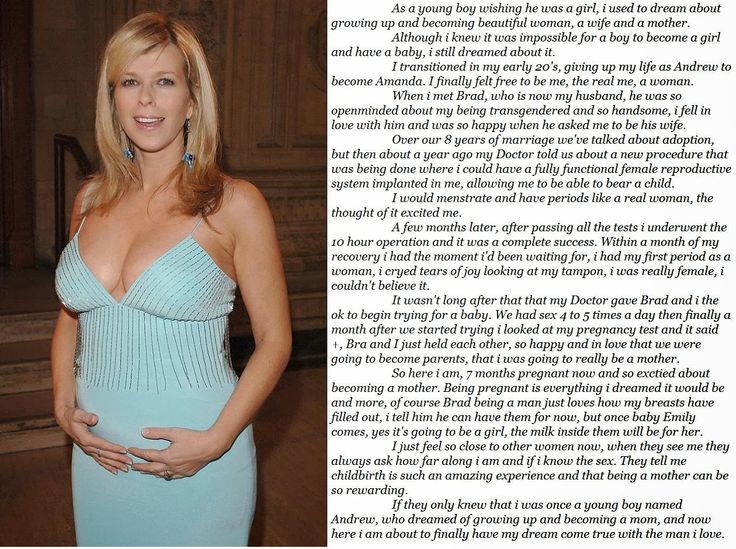
What to do if the menstrual cycle has become irregular:
- In the first months of the postpartum recovery period, do not panic. In most cases, this is the norm. For each woman, the normalization of the cycle occurs individually, usually during the first months of the resumption of menstrual bleeding. Irregularity is more common in nursing mothers.
- It takes about 2 months to restore the normal function of all organs and systems. Balance in the endocrine system comes later, especially if breastfeeding is used. Therefore, a woman can feel completely healthy, but she will not have a period.
- Notice the irregular cycle only after 3 cycles. This may be due to an inflammatory process, endometriosis or a tumor of the genital organs. A delay in the second period is not dangerous, unless it is associated with a second pregnancy.
Menstruation after caesarean section
Menstruation after caesarean section is restored in the same way as after normal delivery. During lactation, periods do not come for six months. Against the background of artificial feeding from the maternity hospital due to the lack of nipple stimulation (which activates the synthesis of oxytocin, which contracts the uterus), recovery may be somewhat slower, plus there is still a scar on the uterus. Therefore, the restoration of menstrual function may occur a little later, for several weeks.
During lactation, periods do not come for six months. Against the background of artificial feeding from the maternity hospital due to the lack of nipple stimulation (which activates the synthesis of oxytocin, which contracts the uterus), recovery may be somewhat slower, plus there is still a scar on the uterus. Therefore, the restoration of menstrual function may occur a little later, for several weeks.
Cycle after a pathological course of pregnancy or childbirth
After termination of a miscarriage or abortion, the first menstruation occurs within 45 days. If this does not happen, the woman should seek help from a gynecologist. To exclude such causes of amenorrhea as the remaining part of the fetal egg in the uterus or inflammation, 10 days after the termination of a frozen or normal pregnancy, an ultrasound scan is necessary.
Pathologies of menstruation, what to pay attention to and immediately contact a specialist:
- Sudden cessation of postpartum discharge is a sign of a bending of the uterus or endometritis, accumulation of lochia in the uterine cavity - lochiometers.

- Scanty periods for 3 or more cycles. Perhaps they are a symptom of hormonal disorders, Sheehan's syndrome or endometritis.
- Irregularity of menstruation six months after its restoration, a break between bloody discharge for more than 3 months. Most often associated with ovarian pathology.
- Excessive bleeding for 2 or more cycles, especially after a surgical delivery or abortion. They are often caused by the tissues of the membranes remaining on the walls of the uterus.
- The duration of menstruation is more than a week, which is accompanied by weakness, dizziness.
- Abdominal pain, fever, foul smell, discoloration of vaginal discharge - a sign of a tumor or infection.
- Spotting before and after menstruation is a likely symptom of endometriosis or an inflammatory disease.
- Itching in the vagina, an admixture of curdled discharge is a sign of thrush.
- Bleeding twice a month for more than 3 cycles.
Is it possible to get pregnant?
The most common myth is that a woman cannot get pregnant if she is breastfeeding a baby.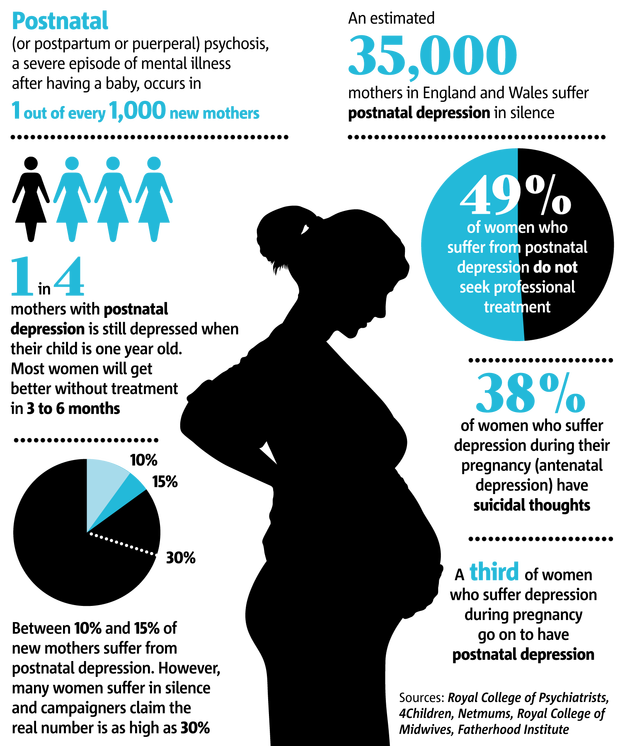 The fact is that the process of ovulation, the first after childbirth, is formed before the onset of the first spotting, and it is she who, with unprotected intercourse, can lead to an unplanned pregnancy, and a woman will give birth to the weather. If a woman does not feed, it is necessary to think about protection after childbirth immediately, from the very first sexual contact, since the dynamics of the restoration of reproductive functions is different for everyone, after 6-8 weeks from the moment of birth, the first ovulation is already possible.
The fact is that the process of ovulation, the first after childbirth, is formed before the onset of the first spotting, and it is she who, with unprotected intercourse, can lead to an unplanned pregnancy, and a woman will give birth to the weather. If a woman does not feed, it is necessary to think about protection after childbirth immediately, from the very first sexual contact, since the dynamics of the restoration of reproductive functions is different for everyone, after 6-8 weeks from the moment of birth, the first ovulation is already possible.
Remember that a long delay in menstruation after childbirth or a cycle failure are not always symptoms of dangerous disorders, but in any case it is undesirable to self-medicate. For any questions and problems that arise with the reproductive system, please contact our specialists for advice.
First menstruation after childbirth | IRIS
Some women who have given birth notice that the first menstruation after childbirth, according to the sensations and nature of the discharge, is different from those that were before. It is important that we are now talking about menstruation, and not about postpartum lochia.
It is important that we are now talking about menstruation, and not about postpartum lochia.
Most likely, there is no cause for concern. Certain changes are considered the norm, because childbirth is a complex physiological process that is preceded and accompanied by quite tangible changes in the female body. After childbirth, a long recovery is required. However, there are situations in which it is better to consult a gynecologist.
But let's first explain how postpartum lochia differs from normal, albeit heavy, menstruation.
Lochia is very similar to menstruation in appearance, but differ in much more abundant and prolonged discharge (about 5 weeks, sometimes up to 40 days). With the help of them, the uterus gets rid of the thick layer of endometrium that formed during pregnancy.
The first menstruation comes no earlier than 2-3 months after childbirth. In women who are breastfeeding, the period without menstruation can last up to a year, this is normal and is associated with abundant production of the hormone prolactin.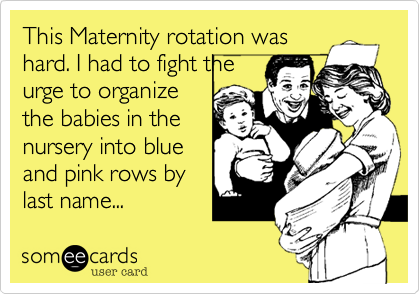
The timing of the first menstruation after caesarean section is associated with the rate of recovery of the reproductive system, healing of the scar and the establishment of normal functioning of the pituitary gland.
How can menstruation change after childbirth
Many women complain that menstrual flow becomes more abundant after childbirth. The usual hygiene products suddenly begin to be lacking, you have to change them more often or use pads with a higher absorbency. This can bring discomfort and cause anxiety. But there is no need to worry ahead of time.
Changes that are considered normal after childbirth:
- Cycle regularity may not recover immediately.
- Pain during menstruation may become weaker (to go away completely) or vice versa to intensify (but not too much!).
- Menses may start and end abruptly.
But why is this happening? Primarily due to hormonal changes. The second reason for the change is the uterus, which has not yet returned to its normal size.
The pain of the first menstruation after childbirth can be explained by the fact that the lining of the uterus is still thicker than usual.
But there are also "alarm signals" that should not be ignored.
Contact your gynecologist immediately if:
- The temperature suddenly rose.
- Menstruation is too heavy (you change the largest pad almost every hour and the intensity of bleeding does not fall within 2 hours).
- Discharge continues for more than a week.
- You feel sharp, sharp pains in the lower abdomen.
- You are experiencing uncharacteristic unpleasant symptoms, including severe headaches and difficulty breathing.
- Excretions are accompanied by the release of too large clots.
It is believed that the allowable volume of discharge for heavy periods is up to 100-150 ml (physiological blood loss).
If everything is fine with the state of health, but menstruation does not return to the usual norm and causes a lot of trouble, you can still consult a doctor. There are some ways to correct. For example, hormone therapy, an intrauterine device, anti-inflammatory drugs, and even surgical interventions. Naturally, therapy is required by a smaller number of women, for the majority, the process is getting better by itself, so it’s still not worth panicking ahead of time.
There are some ways to correct. For example, hormone therapy, an intrauterine device, anti-inflammatory drugs, and even surgical interventions. Naturally, therapy is required by a smaller number of women, for the majority, the process is getting better by itself, so it’s still not worth panicking ahead of time.
In some women, after childbirth, on the contrary, positive changes occur: the cycle becomes stable, and menstruation is less painful. Doctors attribute this to the fact that after pregnancy and childbirth, the female reproductive system finally "ripens", its hormonal processes and other features return to normal.
Feminine hygiene products and techniques that can help
If menstruation after childbirth is plentiful and painful, you can use certain hygiene products and alleviate your condition in simple ways at home.
To begin with, in the first months after childbirth, it is better to prefer pads to tampons. Remember that your body has not yet fully recovered and it is better to show delicacy to it.
What other means can be used?
How to help yourself:
- Heating pad . For painful spasms, a warm heating pad can help. Put a heating pad on your stomach or just take a warm (not hot!) shower (not a bath!).
- Extra absorbent pads. With heavy menstruation, it is important to choose pads that will absorb all the discharge well. At night it is better to use night pads, for example, IRIS Ultra Night Dry Extreme,
- their absorbent layer is distributed in a special way. In the afternoon - IRIS Ultra Super Dry Extreme.
- More movement. Menstruation is not a disease. Of course, the first days of menstruation can affect your well-being in such a way that it will be difficult for you to lead a normal life. But still, try not to spend these days constantly lying down, it is better to move around. On days when you feel better, try to be more active.
- Taking iron supplements. You can improve your well-being, eliminate weakness after menstruation with the help of iron-containing vitamins.
 During heavy blood loss, the body loses a lot of iron, this affects the general condition.
During heavy blood loss, the body loses a lot of iron, this affects the general condition. - Sufficient drinking. Don't forget about total fluid loss. Try to drink enough water, a little more than on normal days.
And, of course, try to ensure yourself enough rest for this period. Of course, with a small child in her arms it is very difficult. Do not hesitate to ask loved ones for additional help during critical days, if possible. Take care of yourself!
What does brown discharge mean
It is worth worrying if brown discharge appears from the vagina between periods. This indicates the presence of bloody or bloody additions, which may be associated with various diseases or problems of the female genital area.
Sometimes a small amount of spotting occurs in the middle of the cycle during ovulation. Especially often, such discharge appears in women taking oral contraceptives or approaching menopause.
If brown discharge appeared during the period when menstruation was supposed to begin, but menstruation did not come for them, this is a reason to contact a gynecologist. By the way, this situation may indicate the onset of a new pregnancy.
By the way, this situation may indicate the onset of a new pregnancy.
Possible pathologies that lead to brown discharge:
- Endometritis (inflammation of the lining of the uterine cavity).
- Endometriosis of the cervix.
- Sexually transmitted infections.
- Polycystic ovaries.
- Ovarian cyst.
- Polyps in the uterus.
- Ectopic pregnancy.
- Miscarriage.
- Hormonal failure (lack of estrogen).
If brown discharge is accompanied by other unpleasant symptoms or appears regularly, you should consult a specialist for possible treatment.
Discharge with odor
If you notice that the discharge from the vagina has acquired an unpleasant odor, you should be wary. In the absence of health problems, normal discharge during and between periods should not have strong odors.
What can discharge with a smell say:
- White curdled discharge with a sour smell is a sign of thrush.
